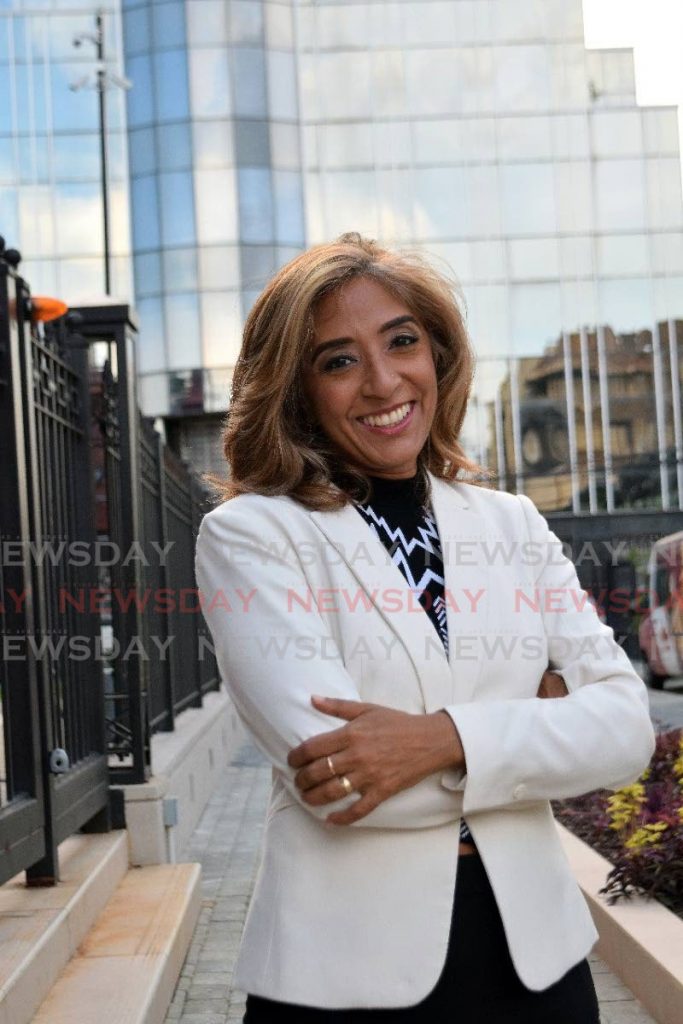Growing with Zi

ZI TURNED 11 on Monday so I’m entering the pleasures and perils of pre-teen life, and the parenting moments it brings.
The magic of childhood still lingers, with its uncontrived excitement, effervescent emotions, bubbling energy and honest words from a still blossoming heart. A child in a room of adults still transforms it somehow into an opportunity for being kinder, and sharing in laughter and wonder.
An 11-year-old appears so grown-up in one instance and then so playful in the next, baby qualities bouncing about, tumbling with growth spurts and hormone changes and features that seem to mature by the day. The pandemic brought that home in a way that long workdays would have eclipsed. It took me a year to make lemonade (or lime juice), as they say, for I realised how much of her growing up I was missing and how much more of me she needed. I learned a lot about mental health and how our brains differently develop and cope, and how easy it is to miss signs of what’s going on with our children’s cognitive, social-emotional and expressive lives amidst the manic rush between home, school, homework, dinner and bedtime on repeat every day.
When the pandemic began, she was just nine, and a completely different child. We rightly focus on children who need schools to reopen to resume their education, improve their nutrition, provide access to a trusted adult, and create valuable peer socialisation. Zi flourished at home, freed from the stress of traffic, with time to sleep later on a morning and chance to be herself without pressures of bullying. It was a privileged opportunity to feel calmer and safer by us being so consistently together.
I got to know her anew, over lunchtimes and afternoon walks and middle-of-the-day hugs, recognising challenges she’s navigating which I hadn’t noticed and making new decisions about mothering for which I wouldn’t have ever given time. I changed my priorities and responsibilities, increasing my attention to care and cutting back on much else. It made me grow.
There’s an older adolescence that has also appeared, and interest in an adult world that she and her friends are yet unprepared for. We spend a lot of effort censoring regular pop music for its language and hypersexuality, and these days a regular YouTube playlist is a minefield of problematic socialisation. We are constantly checking for the clean version of songs.
Videos that show up either feature women (or Lil Nas X) writhing nearly naked or, alternatively, depressed and angst-ridden white American music stars. There’s a lot of conversation to have with teens about sex and sexuality, what’s age appropriate, stereotyped and commodified, real and empowering, and what messages are being sold to children.
Sexuality brings both power and pleasure as well as risk and danger, and girls are most vulnerable to harmful consequences of early sexualisation as teens. They also enter a stage when they become more conscious of their bodies, weight, hair and skin colour, and how their appearance relates to acceptance by peers.
They are seeing cyclical ads convince women they need to have long eyelashes, and I’ve watched as Zi’s emerging sense of femininity is shaped by the creation of insecurities and the expectation of self-improvement through consumption.
As the recent Facebook study also confirmed, social media adds to girls’ challenges with self-esteem and anxiety. When you talk to girls, you realise how much they don’t like about themselves or how unsure they are about growing breasts and the onset of menstruation, developing a sense of responsibility and perhaps a sense of shame about both, and how adolescence is both very much like yet so different from our own decades ago.
We try to use words that emphasise being fit and strong, not thin, and the mental health necessity of time outside, rather than on a device.
Not yet in secondary school, we also started preparing Zi, less for SEA than for pubescent crushes, having friends and cousins of diverse sexualities, and recognising that friends may begin experimenting with identities that cross and redefine old boundaries of “he,” “she” and “they.” From here, it’s like teaching life skills as much as critical thinking ones, a strong sense of self as well as an open, non-prejudiced mind.
It’s been a year of learning about the world through her eyes.
Welcome to 11, Zi. May you show us how much still must be changed as we show you how to love who you are inside.
Diary of a mothering worker
Entry 440
motheringworker@gmail.com


Comments
"Growing with Zi"